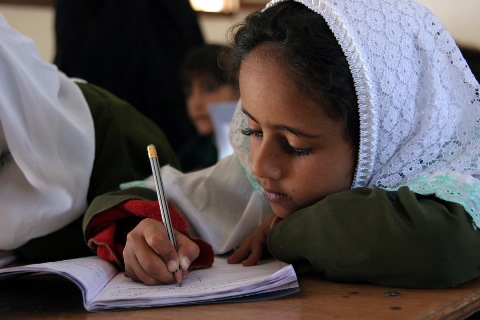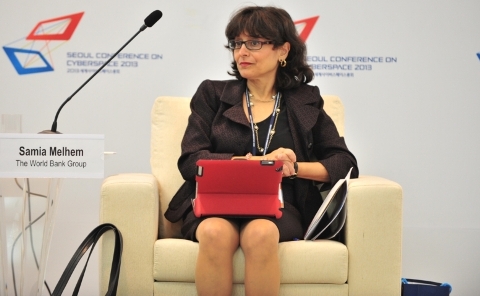PTI

NEW DELHI: Investing in education of girls, especially the most marginalized, is required to make progress on most social indicators in India, according to UNICEF.
To mark the International Day of the Girl Child, UNICEF organized a meeting with top Urdu editors in the capital.
Speaking at the event, Urmila Sarkar, chief of education UNICEF, said, “Innovation in girls education will be instrumental to female empowerment and breaking the cycle of poverty and deprivation.”
The focus of the meeting was on the crucial role that media can play to create a sustained discourse and highlight innovations that get more girls to school, keep them in school and improve the quality of learning for all children.
In India, the number of out-of-school children stands at 8.1 million, of which 4.5 million are girls. For every 100 boys enrolled, 88 girls are enrolled in secondary school. The main causes of school dropout among girls are child marriage and child labour, the UNICEF said.
Giving examples of how communities have arranged for safe school transport for girls in hard-to-reach areas from Udaipur, Rajasthan, Sarkar stressed on innovation in girls education and highlighted the importance of gender sensitization.
“Teachers who have undergone gender sensitization training have made a significant difference for adolescent girls in schools,” she said.
The conference was chaired by the vice-chancellor of Maulana Azad National Urdu University Mohammed Miyan and director general, Doordarshan News, S M Khan.
The participants shared examples of how technology coupled with media outreach, has increased access to education for out-of-school girls and improved the quality of learning for every child.
They urged Urdu media to dedicate media space and build capacities of reporters to highlight issues and innovations in education, especially of girls.
Civil society representatives from Shikhar, Prof Rihan Khan Suri and Ambarish Rai of the RTE Forum spoke on how civil society efforts can build on the momentum created by a conducive educational policy framework and ensure that girls have access to quality learning environments.







